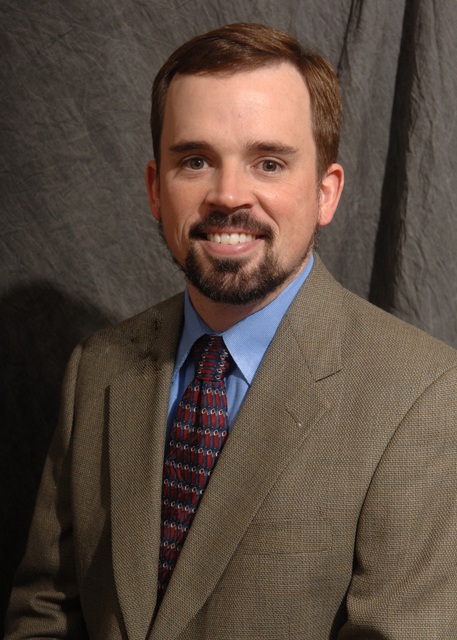
FORT WORTH, Texas (BP) — When I tell people about my wife’s job, they are usually very impressed. Their sentiments are usually expressed in statements like, “Wow, that is amazing” or, “I could never do that.”
What does she do? She is a diligent homemaker who homeschools our children. I should add that we have five children (two preschoolers, one elementary age and two middle-schoolers). We do not have the version of preschoolers that sit still for hours quietly looking at books or playing with blocks. We do not have the type of school-aged children that rise early from their beds with no outside prompting but simply due to the day’s academic potential.
So, she is motivator, caregiver, educator, disciplinarian, lunchroom worker and mom each day. Her daily routine is tiresome. Her weekly responsibilities are numerous. Her annual task is daunting. I am grateful to her for her heroic efforts for our children’s sake. I am amazed by thousands of other mommy-teachers like her. Besides the fact that there is a level of calling to being a home educator, why does she sacrifice so much of herself and use up so much of her youthful years?
Well, we are not idealists. We do not think that by keeping our children home that we are protecting them from being exposed to evil influences. Evil flies into our home through a variety of channels, web pages or conversations. It comes inherent in the hearts of the people who live in our house. We do not think that by homeschooling that our children will be the perfect students. They can still find shortcuts in their assignments. They can still “get away with things” even in a class of three. With these realities noted, there are at least three things that we enjoy about homeschooling.
First, we love the holistic nature of home education
Our children are not just students who need to learn. They are also family members who need to share, neighbors who need to love and people who need to strive for the well-being of others. In our homeschool environment, we are trying to address all of these areas for growth. There are a variety of ways that my wife (the teacher) looks for opportunities to train our children while aiding their mental development.
Second, we love the integration of home education.
We love that we can teach about a topic from the Bible, using history or science and through literature. For example, we teach our children about creationism. From the Bible, we can help them learn the six-day creation described in Genesis 1-2. We can point out that God’s creative work climaxes in the creation of the first humans, both male and female, making human life and relationship with God realities in the created order. Through science, we can teach the intricacies of the design of the created order and how geological records do not lead to evolutionary conclusions. We can also teach that the Bible provides unique and accurate insights into what really happened in ancient history and gives the theological importance of such events. Our kids can read some of the best literature ever written and learn about some of the most compelling people who have ever lived as they read their Bibles as a part of their school curriculum.
Third, we love the realistic nature of home education.
As I mentioned above, spending each day with our children during homeschool, my wife is acutely aware of where the challenges are for each of my children. She knows who gets tripped up on basic math facts, who pauses when reading sight words and who mixes up the explorers and their territories. She also knows who struggles with laziness, who struggles with pride-filled accomplishments and who gets easily distracted. She knows who looks for ways to help their younger siblings and who is quick to criticize or quick to be angry. Homeschool provides a good environment to affect growth in all of these areas.
Not all mothers can or should be home educators. But the ones that have chosen this often under-appreciated vocation deserve encouragement and appreciation (and probably a day off).
–30–
Jason Lee is associate professor of historical theology at Southwestern Baptist Theological Seminary in Fort Worth, Texas. This column first appeared at TheologicalMatters.com, a blog of Southwestern Baptist Theological Seminary. Get Baptist Press headlines and breaking news on Twitter (@BaptistPress), Facebook (Facebook.com/BaptistPress ) and in your email ( baptistpress.com/SubscribeBP.asp).















